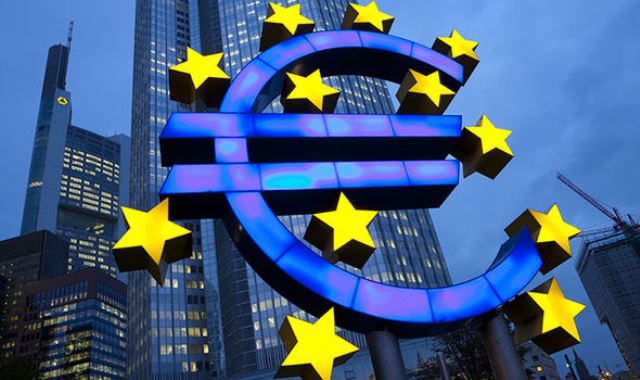Eurozone business growth reached a two-year low in October as an export-led slowdown and Italian economic woes hit the bloc.
The euro area’s manufacturing sector growth to its lowest in nearly four years as global trade tensions and political uncertainty sparked a “disappointing” month, according to the IHS Markit Eurozone Composite purchasing managers’ index (PMI) figures.
PMI dropped to 53.1, slightly higher than the previous 52.7 estimate, but down from 54.1 in September and the lowest since September 2016.
The composite survey includes the manufacturing, construction and services sectors across the Eurozone.
The UK’s equivalent sectors also experienced a tricky October but businesses blamed Brexit uncertainty causing client hesitation for a drop in new work.
The strongest Eurozone increase in business activity was seen in Ireland, despite output rising at its slowest rate in seven months.
France and Spain posted growth above historical averages but Italy registered a fall in activity for the first time since the end of 2014 – and its PMI fell to a 59-month low.
Germany’s growth also slumped to a five-month low and its joint slowest in more than two years.
New order growth was also impacted as a result of the output slowdown.
“An export-led slowdown, linked to growing trade tensions and tariffs, has been exacerbated by rising political uncertainty, growing risk aversion and tightening financial conditions,” Chris Williamson, chief business economist at IHS Markit said.
“The slowdown has consequently become more broad-based to increasingly envelop the services economy,” he added.
“Italy has recorded an especially noticeable slowdown, slipping into decline during October, whilst Germany has also seen a worrying easing of growth, with both countries affected by rising political uncertainty.”












